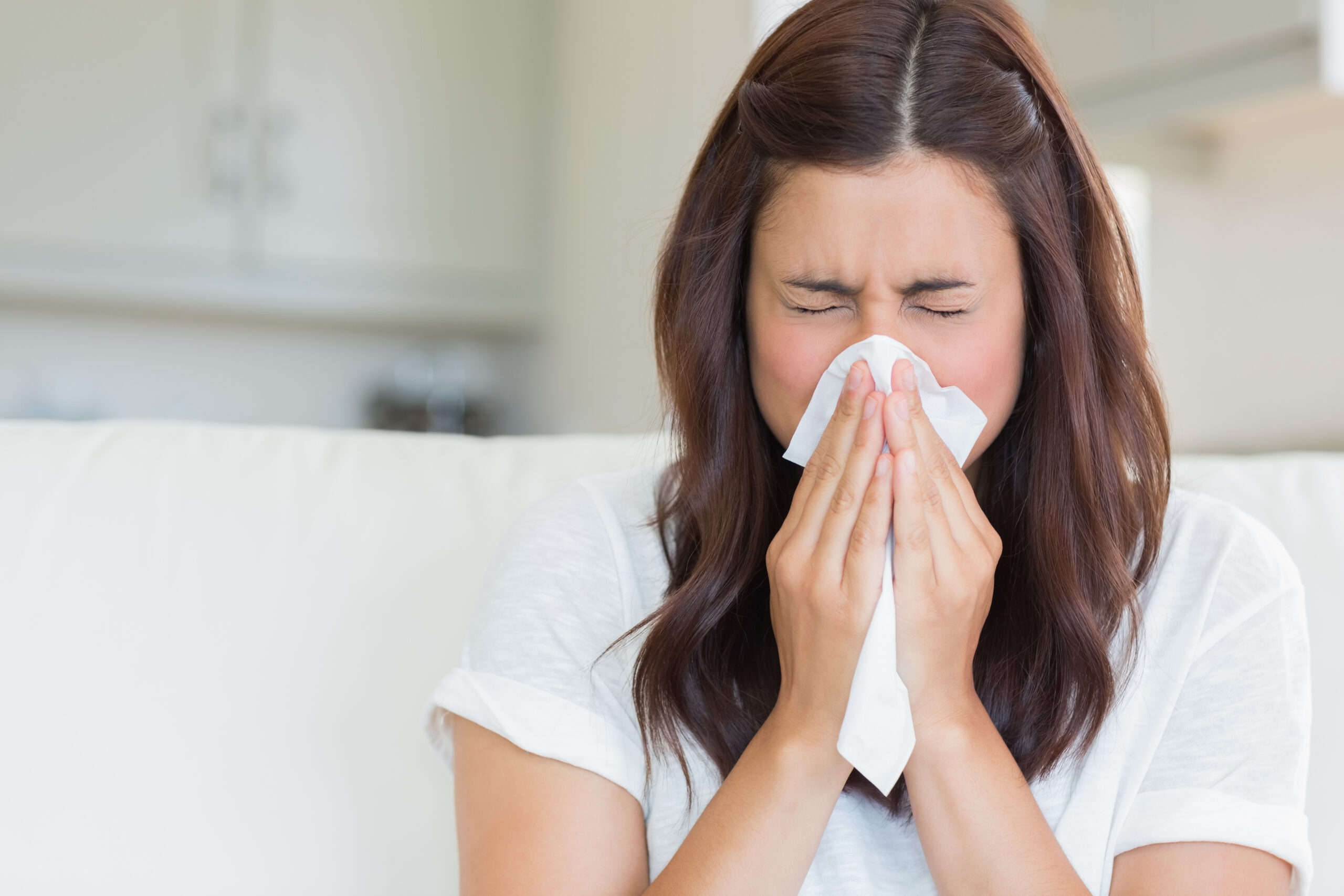5 Common Particles That Hurt Indoor Air Quality
editBelieve it or not, Indoor air pollution can be just as bad for your health as outdoor air pollution. In fact, the Environmental Protection Agency (EPA) reports that indoor levels of air pollutants might be two to five times higher than they are outside. That’s especially concerning since the average person spends 90% of their time inside. The health effects of being exposed to that level of particle pollution without any kind of mitigation can be serious. Respiratory diseases like lung disease, chronic obstructive pulmonary disease (COPD), and even some cases of lung cancer have been linked to long-term exposure to indoor air pollution.
While these facts are quite bleak, there are actions that homeowners can take to improve their indoor air quality and reduce exposure to some of the most common indoor air pollutants. In this blog post, Robinson Heating and Air Conditioning will list those air pollution sources, so you can start to reduce your exposure.
These Particles are Harming Your Air Quality
Seen or unseen, particles in the air can harm air quality, thus making it harder to breathe or less comfortable to be at home. Air quality is a manageable entity if you’re informed of the potential problems. Here are five of the most common indoor air pollutants that are hurting your indoor air quality.
Dust
When we think of allergies and asthma as they relate to air quality, dust comes up quite often, along with pets. Dust is a mixture of things but is mainly excrement from dust mites and dead skin cells (gross).
To avoid asthma attacks or other adverse health effects, it’s important to dust often and even install air purifiers and air cleaners at home to remove dust particles before they land on various surfaces or get inhaled. Make sure you regularly change out the air filter in your HVAC system, so dust doesn’t build up in your ventilation systems.
Pet Dander
We love our pets, but they often contribute to poor indoor air quality. If you know you’re allergic, consider investing in air purification to alleviate symptoms. Ventilation is also essential to reduce odors and other irritants caused by pets.
Chemicals
Household chemicals are some of the most harmful, yet still widely used, pollutants in your home. Cleaning agents, paint, paint thinners, solvents, and more contain toxic chemicals called volatile organic compounds (VOCs) that can be hazardous if inhaled.
The best solution is to limit how often you buy these products. If you absolutely do need to use them, make sure to be outside or in a well-ventilated area (a.k.a. no basements).
Combustion Products
Combustion occurs when fuel is burned and converted into heat. This process happens all around us in natural gas-burning furnaces, stoves, space heaters, and fireplaces. Several gases emerge as a byproduct of combustion. The most popular are carbon monoxide and nitrogen dioxide.
You’re probably familiar with carbon monoxide and have an alarm to prevent exposure (if not, you should invest in a carbon monoxide detector). Nitrogen dioxide can cause respiratory issues, especially in people with asthma.
To prevent exposure, make sure all products using combustion are properly vented and rated. If you’re able, upgrade to newer models with higher efficiency and safety.
Tobacco Smoke
Tobacco smoke comes from smoking cigars, pipes, or cigarettes and can impact the area in which the smoke is released. If no one in your household smokes, this is less of an issue, but you should encourage visitors to smoke outside as an air pollution control measure.
If you do smoke, try to do so outside. If that’s not possible, try to create a well-ventilated space to reduce the risks to others.
Your Indoor Air Quality Solution
Robinson Heating & Air Conditioning has been helping Middletown, Ohio residents reduce their indoor pollutants and breathe healthier air for decades. Our indoor air quality services include the installation and maintenance of whole-home air purifiers, air cleaners, and humidifiers.
Contact Robinson Heating & Air Conditioning today to learn more about how to improve your indoor air quality and breathe easier at home.

